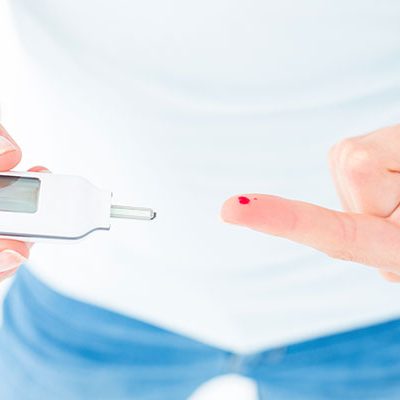
Impulsive personalities may lead to obesity
A new study conducted at the University of Texas at Dallas has found a link between impulsive personalities and the incidence of high body mass indices. The findings from this study have been published in Obesity. The study included 45 individuals and used different modalities to study their impulsivity such as self-reporting, neuropsychological testing and functional magnetic resonance imaging. By evaluating whether an individual’s decision making-style was more impulsive or cautious, using images on screens and measuring responses, the researchers were able to determine that participants with high BMI exhibited altered neural function compared to their normal weight counterparts.
The researchers originally thought that an inability to inhibit impulsive thoughts would be the driving factor behind the development of obesity, however it soon became clear that it was the inherent impulsive personality trait that is the mediating factor. Given these findings, the researchers hope that more will be done to develop treatments that provide coping skills or cognitive strategies for people to overcome impulsive behaviours. Further to this the increased self-awareness of impulsive behaviours may also help to control weight in certain individuals.




